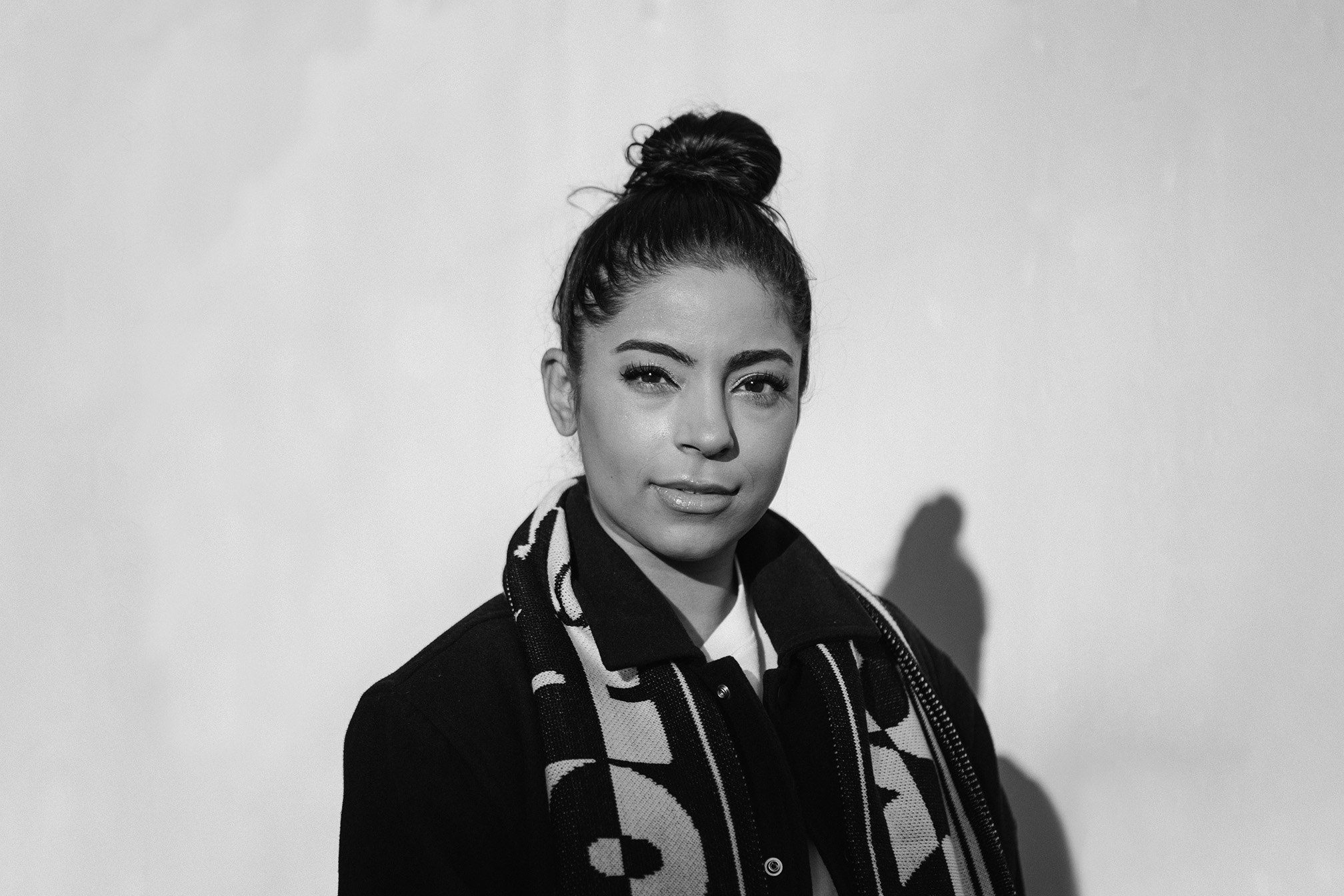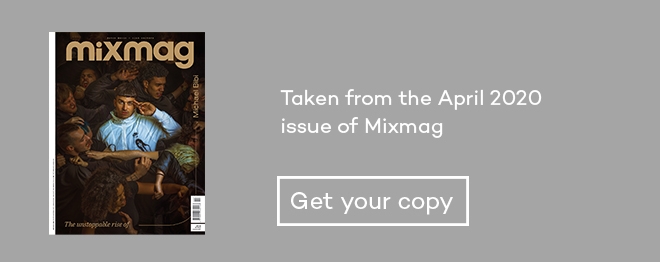 Artists
Artists
Jyoty Singh on working in music: "Push yourself and don’t be scared"
Tips from the Rinse FM host, Creative Producer at Loud, DJ, and co-founder of The Move
Jyoty Singh is an industry multi-hyphenate with roles at Rinse FM, Mixcloud, Boiler Room and even the Labour Party under her belt, as well as personal projects like her club culture magazine The Move and a rising DJ career. She moved from Amsterdam to London in 2012 to pursue a Masters, and like many students sought out part-time work. A guestlist gig at now-defunct venue The Nest, and then at Boiler Room, soon followed. Before long, she was hosting streams for the platform while establishing her then-fledgling Saturday morning show on Rinse FM.
How did you get into radio presenting?
I had a friend who did marketing for Rinse FM and had been given a show. She was bored on her own and wanted a co-host, so she asked me. I’d never been in a radio studio before, so I was shook! It went really well, though. By the third show, she realised that radio wasn’t really her first love, so I carried on doing it alone, and she went on to do really amazing things. As it was a presenter show, it was really cool for me to develop how to speak on radio, but I hated playing the playlist music, so I started sneaking in my own music at the end.
How did that go?
I got called into an office with [station founder] Geeneus, who I’d never met at that point. I walked in and he went, ‘Do you think I don’t listen to my own station?’ I was like, ‘Oh my god!’. He asked what I wanted, and I said, ‘Well, I’d love a specialist show.’ He said, ‘Do you DJ? Are you part of a label or a collective?’. I was like, ‘No’. So, he said, ‘Well, what’s going to be so specialist about the show?’. I had made so many crazy contacts and no-one on Rinse was doing that soulful thing then, so there was a gap that I thought I could fill. He said, ‘Alright, you’ve got four shows to prove what you’ve got’. Within the first four I had people like Princess Nokia on, and that became my show! I was doing all of this on the side, though – I still had a full-time job. It was around then I’d moved from working in politics for the Labour Party to an IT company, and then I’d decided to start a music magazine with my friend Tom Armstrong. The DJing came later, which has now completely kicked off, too.
Read this next: Princess Nokia is the electric rapper using music as a form of spiritual communication
Tell us about your role at Mixcloud...
Around the time that DJing started providing an income I shifted my full-time job out of the corporate world and into the creative. It was a natural progression because I was already doing everything independently; I’d never been a creative producer at a company, but I had a magazine, I’d thrown events, I’d curated things. But it wasn’t until one of my friends said, ‘You have to apply for this job because when you put pen to paper [and write down] everything you’ve done, you’ll see for yourself that you’ve already done the role’. So shout out to him, because if it wasn’t for him, I wouldn’t be working here! So far, it’s been manageable because I’m really strict in my schedule.
Talk us through it.
I go to the gym every morning before work. I use my lunch break to work on my radio show or whatever it is that I’m curating at that moment, and in the evening, I’m usually downloading music or going through my emails. At the weekends I fly abroad [to DJ] and I do my show. It’s actually not that crazy; as long as you stick to a good schedule and you eat healthily and work out, you don’t get tired during the day. It’s getting to a point now where we’ve already had the conversations about me leaving to do the music thing full-time. There are a few tours coming up soon, and I’m going to be away for extended periods of time. But everyone’s been supportive and helpful.
Read this next: Don't give up the day job?: A generation of DJs are working 9 to 5 without compromising their music dreams
Having a full-time job away from music can often feel like a taboo.
I’ve never understood that! I like to live comfortably and I also want to buy a house this year. So for me, it’s always been more about financial stability than anything else. Also, having a steady income means I can pay my friend who films and edits all my interviews properly, and it means I can invest that money into myself; buying microphones and recording equipment so I can record my shows all over the world. I respect people who do the thing full-time, but I see a lot of my peers playing gigs they’re unhappy to play, or sets for a couple of hundred quid, when they’re worth way more. But because they don’t have a steady income coming in every month, they rely on that money to keep the lights on. That would be my advice to someone debating whether to keep a job or not: think about all the pros. I think we’re all aware of the cons – your time, you’re tired and all these things – but I feel like when you’re young and healthy and your body can handle it then go for it, push yourself and don’t be scared. Just jump!
Jasmine Kent-Smith is Mixmag's Staff Writer. Follow her on Twitter
Read this next: Get the best of Mixmag direct to your Facebook DMs



